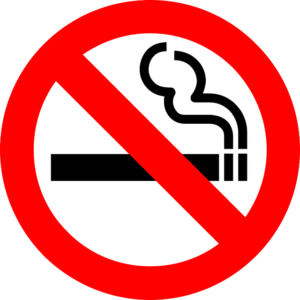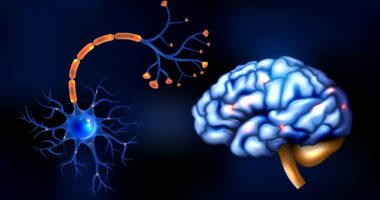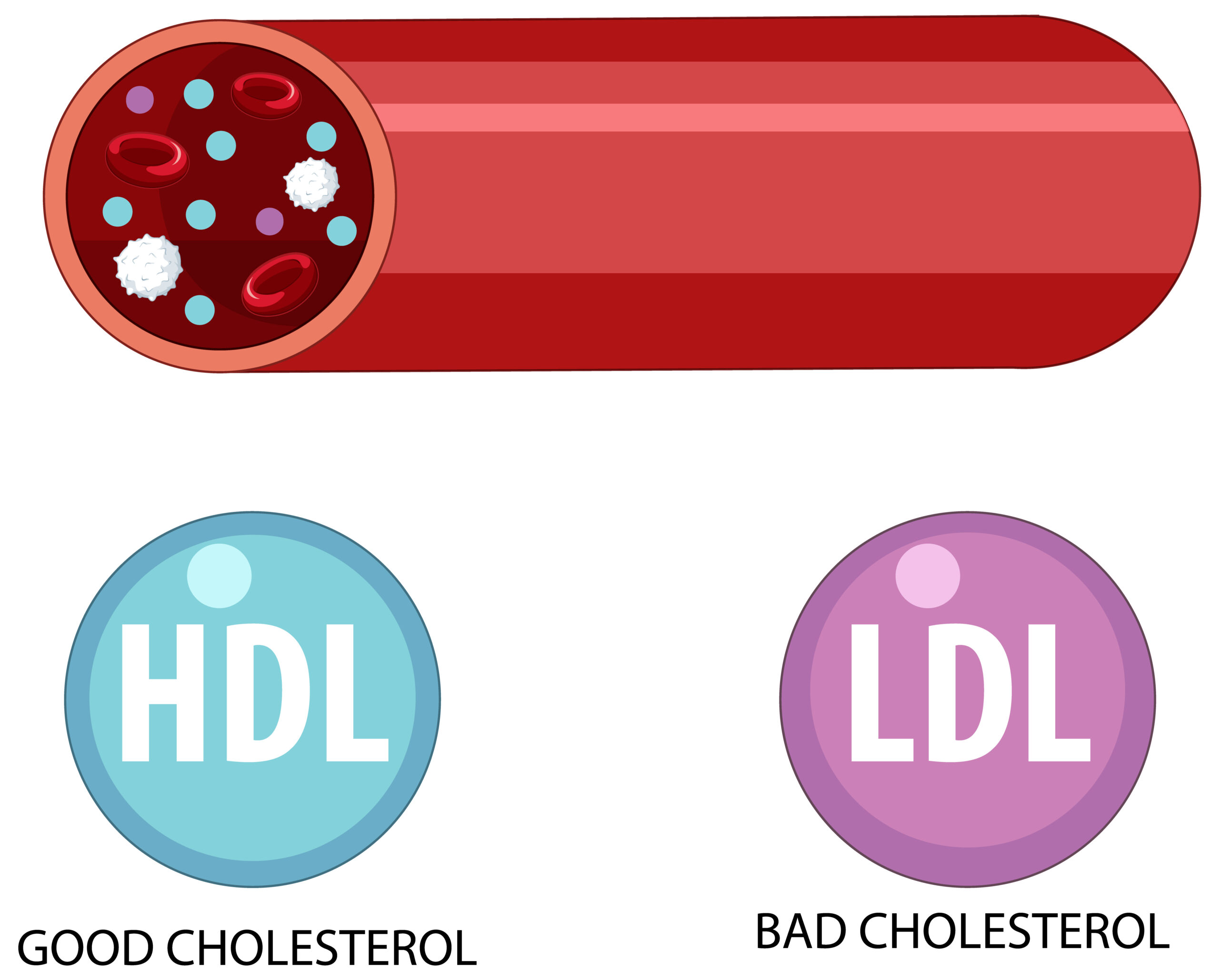Chest pain is a common symptom that can range from mild discomfort to severe distress, and it’s important to understand its potential causes, associated symptoms, and when to seek medical attention. In this blog, we’ll delve into the complexities of chest pain, explore common underlying conditions, discuss warning signs, and provide guidance on when to seek urgent medical care.
1. Causes of Chest Pain
Chest pain can stem from a variety of causes, some of which are benign while others may indicate serious medical conditions. Common causes include:
Musculoskeletal Issues: Strained muscles, rib injuries, or inflammation of the chest wall (costochondritis) can lead to chest pain, often worsened by movement or deep breathing.
Gastrointestinal Problems: Acid reflux (heartburn), oesophagal spasms, gastritis, or peptic ulcers can cause chest discomfort, especially after eating or lying down.
Respiratory Conditions: Pneumonia, pleurisy, asthma, bronchitis, or pulmonary embolism (blood clot in the lung) may present with chest pain, coughing, and difficulty breathing.
Cardiovascular Issues: Angina (coronary artery disease), heart attack (myocardial infarction), pericarditis, aortic dissection, or arrhythmias can cause chest pain, tightness, pressure, or squeezing sensations.

2. Symptoms Associated with Chest Pain
Depending on the underlying cause, chest pain may be accompanied by additional symptoms that provide clues to the diagnosis. These symptoms can include:
Shortness of breath or difficulty breathing
Nausea, vomiting, or indigestion
Dizziness or lightheadedness
Sweating or clammy skin
Pain or discomfort that radiates to the neck, jaw, shoulders, arms, or back
Rapid or irregular heartbeat
Coughing, wheezing, or coughing up blood
Fatigue or weakness

3. Warning Signs Requiring Urgent Medical Attention
Certain red flags associated with chest pain warrant immediate medical evaluation and intervention. Seek emergency medical care if you experience:
Severe or persistent chest pain or pressure, especially if it spreads to your neck, jaw, shoulders, arms, or back
Chest pain accompanied by difficulty breathing, rapid heartbeat, sweating, or fainting
Chest pain that worsens with exertion or physical activity
Chest pain in combination with symptoms like nausea, vomiting, indigestion, or profuse sweating
History of heart disease, heart attack, or other cardiovascular conditions

4. Steps to Take if You Experience Chest Pain
If you experience chest pain, follow these steps:
Assess Your Symptoms: Pay attention to the nature, severity, duration, and associated symptoms of your chest pain.
Call Emergency Services: If you experience warning signs or are unsure about the cause of your chest pain, call emergency services (911 in the USA and Canada) immediately.
Take Nitroglycerin (if prescribed): If you have a history of angina or heart disease and your doctor has prescribed nitroglycerin, take it as directed during episodes of chest pain.
Avoid Self-Diagnosis: Refrain from self-diagnosing or delaying medical care, especially if you’re uncertain about the cause of your chest pain.
Seek Medical Evaluation: After receiving emergency care, follow up with your healthcare provider for a thorough evaluation, diagnosis, and treatment plan.

5. Prevention and Management Strategies
To reduce the risk of chest pain and associated complications, consider these preventive measures and management strategies:
Maintain a healthy lifestyle with regular exercise, a balanced diet, weight management, and stress reduction techniques.
Quit smoking and avoid exposure to secondhand smoke.
Manage chronic conditions like high blood pressure, diabetes, and high cholesterol with medication and lifestyle modifications.
Follow up with your healthcare provider for routine check-ups, screenings, and cardiac evaluations if you have risk factors for heart disease.

Chest pain is a symptom that can arise from various causes, ranging from minor issues to life-threatening conditions. It’s essential to understand the potential causes, associated symptoms, and warning signs that require immediate medical attention. If you experience chest pain, especially with additional symptoms or risk factors, don’t hesitate to seek emergency medical care. Prioritize your heart health by adopting a healthy lifestyle, managing risk factors, and staying vigilant about any changes or symptoms related to chest pain.








